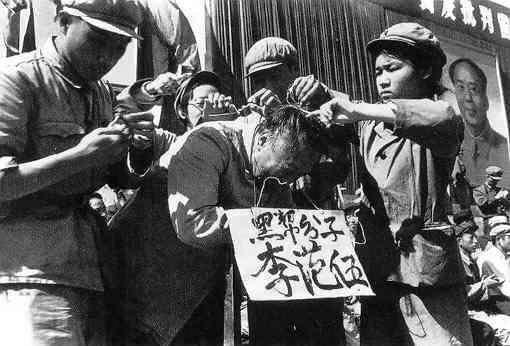It looks like Beijing is calling the shots. The strategy the Hong Kong chief executive adopts is the strategy Beijing wants.
Beijing wants to make use of Leung Chun-ying, popularly known as CY in Hong Kong but as 689 by the pro-democracy protesters. Under the Beijing-crafted system of election in Hong Kong, Leung was chosen chief executive by 689 votes from a committee that is said to represent Hong Kong’s 7 million citizens.
The Hong Kong protests are a hot potato that Beijing has dumped in 689’s lap. Chinese Communist Party leader Xi Jinping does not want to comment on Hong Kong, because that will elevate its importance. 689 serves as the cushion between Hong Kong and Beijing.
Don’t expect any gratitude from Beijing, though, if 689 does what it wants. Depend on it. After 689 calms things down, at a time convenient to Beijing, he will be dismissed or worse. But not now.
Beijing does not like to see Hong Kong having trouble like this. It can tolerate Hongkongers memorializing the Tiananmen Square massacre every June 4. And it can tolerate the annual July 1 march for democracy.
But Beijing can’t tolerate real demands for democracy. Beijing is used to controlling every inch of land, everyone on its land, and every thought of the people on its land.
Still, Beijing has been willing to leave Hong Kong some freedom, for now. It serves as a different link with the rest of the world, especially in finance. It is an example to Taiwan, and gives Beijing the chance to show it can handle Hong Kong better than the United Kingdom.
689 is trying to live up to Beijing’s expectations. On Sept. 28 he used tear gas to test how the students would respond. More came to join the protests. Then 689 tried using triads to intimidate the students. That didn’t work. Now, he has the police systematically tearing down the student’s barricades.
Meanwhile, 689 has fought an information war inside Hong Kong. The Hong Kong media have sung off the libretto written in Beijing—Occupy Central is “illegal,” it causes “chaos,” it is the tool of foreign forces, and so on. At the same time, protesters, most likely brought in from the mainland, have been organized to block the pro-democracy Apple Daily so that it can’t distribute its papers.
689 and Beijing might be willing to open dialogue with the students, but they don’t know how to keep the students from getting excited. The students are asking for real elections and for 689 to step down. Neither is possible at this point.
Student movements are often precious because of the pure ideas, the spirit, and the courage of the protesters. Harsh reality might crush their dreams, but the example of their selfless action leaves a long-lasting mark in history. But the qualities that make us admire students also make it difficult for them to compromise.
The students have tried to limit their dissatisfaction to Hong Kong. So far, they are not fighting against Beijing. If students can understand that they can never get real elections from the CCP, they might want to consider asking for a less impossible outcome.
But right now, Beijing is not backing down and not negotiating. Beijing knows if it backs down, there will be more protests, and not only in Hong Kong.
Underneath the surface, there are at play other forces than those of Beijing and the students. Each time that the two parties have gotten closer to a dialogue, something happens to cause things to break down.
There is a mysterious hand trying to push for more confrontation. Xi Jinping is still in the process of using his anti-corruption campaign to clean up the faction loyal to Jiang Zemin. Events on the ground suggest Hong Kong is not in Xi’s control yet.




